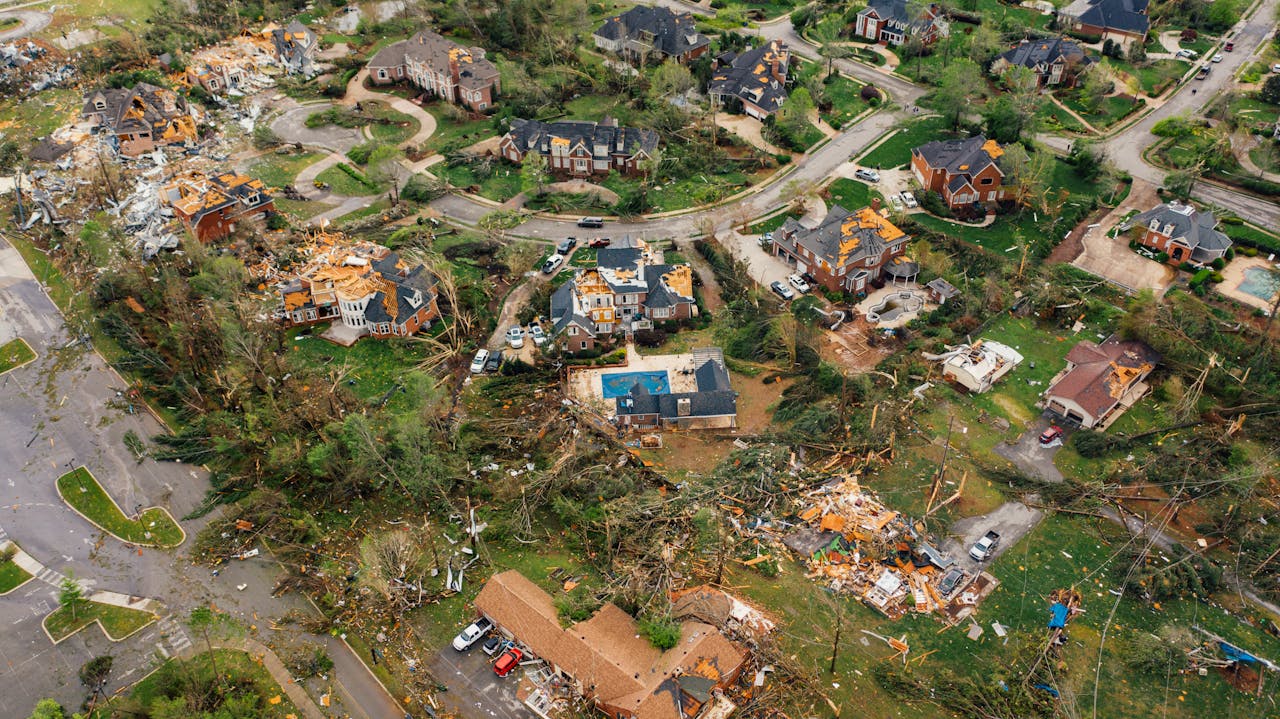Discovering damage to your home can be a stressful and overwhelming experience. Whether it’s caused by a storm, a burst pipe, or an unexpected accident, knowing how to respond quickly and effectively is crucial to minimizing further damage and ensuring you get the compensation you deserve. Here’s a step-by-step guide on what to do when you discover home damage.
1. Ensure Safety First
Before doing anything else, make sure that you and your family are safe. If the damage is severe—such as after a fire, flood, or structural damage—evacuate the premises immediately. If you suspect that the damage involves electrical systems or gas lines, do not attempt to inspect or fix anything yourself. Instead, contact emergency services or a professional to assess the situation.
2. Document the Damage
Once it’s safe to do so, thoroughly document the damage to your home. Take clear, detailed photographs and videos of the affected areas, capturing the extent of the damage from multiple angles. If possible, make a written inventory of all damaged items, including their estimated value. This documentation will be essential when filing an insurance claim.
3. Prevent Further Damage
If the damage is manageable and it’s safe to do so, take steps to prevent it from worsening. For example, if there’s a leak, try to stop the water flow by turning off the water supply. If a window is broken, cover it with plastic or plywood to keep out the elements. These temporary fixes can prevent additional harm while you wait for professional repairs.
4. Review Your Insurance Policy
Review your homeowner’s insurance policy to understand what is covered and what your responsibilities are. Pay attention to any requirements for reporting the damage, as well as the coverage limits and deductibles. If you’re unsure about any aspect of your policy, contact your insurance agent for clarification.
5. Notify Your Insurance Company
Report the damage to your insurance company as soon as possible. Provide them with the documentation you’ve gathered and follow their instructions for filing a claim. Be prepared to answer questions about the extent of the damage and how it occurred. Prompt reporting is essential, as many insurance policies have time limits for filing claims.
6. Consider Hiring a Public Adjuster
If the damage is extensive or if you’re unsure about the insurance claim process, consider hiring a public adjuster. Public adjusters work on your behalf to assess the damage, prepare your claim, and negotiate with the insurance company to ensure you receive a fair settlement. Their expertise can be particularly valuable in complex cases or if you anticipate disputes with your insurer.
7. Keep Track of All Communication and Expenses
Maintain detailed records of all communications with your insurance company, contractors, and any professionals involved in the repair process. Save copies of emails, letters, and notes from phone conversations. Additionally, keep receipts for any expenses related to the damage, such as temporary repairs, alternative lodging, or emergency services. These records will be important for your claim and for any potential disputes that may arise.
8. Get Multiple Repair Estimates
When it comes time to repair the damage, obtain estimates from several reputable contractors. This will give you a better understanding of the costs involved and help ensure you get a fair price. Share these estimates with your insurance company, and be sure to choose a contractor who is licensed, insured, and experienced in the type of repair work needed.
9. Stay Patient and Persistent
The process of filing an insurance claim and repairing your home can take time. Stay patient and persistent, following up regularly with your insurance company and contractors. If you encounter any issues or delays, document them and seek assistance from your public adjuster or an attorney if necessary.
Conclusion
Discovering home damage can be a challenging experience, but knowing what steps to take can help you manage the situation effectively. By ensuring safety, documenting the damage, and following the proper procedures with your insurance company, you can protect your home and secure the resources you need for repairs. Remember, professional help is available, and taking the right actions early on can make a significant difference in your recovery.


